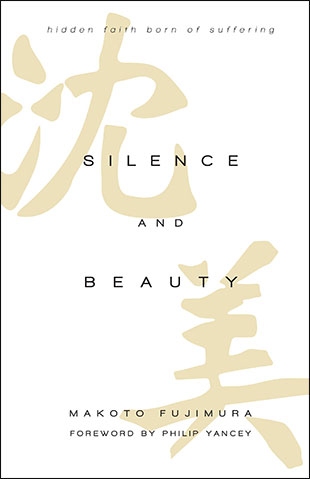Makoto Fujimura is a renowned artist who serves as founder of the International Arts Movement. He is also the director of the Brehm Center for Worship, Theology, and the Arts at Fuller Theological Seminary. In Silence and Beauty, Fujimura presents an eclectic and substantive overview of Japanese culture with many pensive insights into consciousness, art, literature, and ethics. The central focus in the book is Shusaku Endo's twentieth-century novel Silence, which speaks cogently about Christian faith and grace, the problem of evil, the hiddenness of God, and the enigmas of East and West.
Fujimura has great respect for the delicate Japanese aesthetics and asserts that God expresses love through the beauty which surrounds us. He is critical of the groupthink vision of life which stresses conformity through the old adage "The nail that sticks out will be hammered down." Fujimura delivers a rounded view of Japan with its mix of rampant hedonism, a high suicide rate across all demographics, a vital visual culture, a refusal to run from the dark night of the soul, a tradition dedicated to refinement, a reverence for nature, and a unique melding of silence and beauty.
